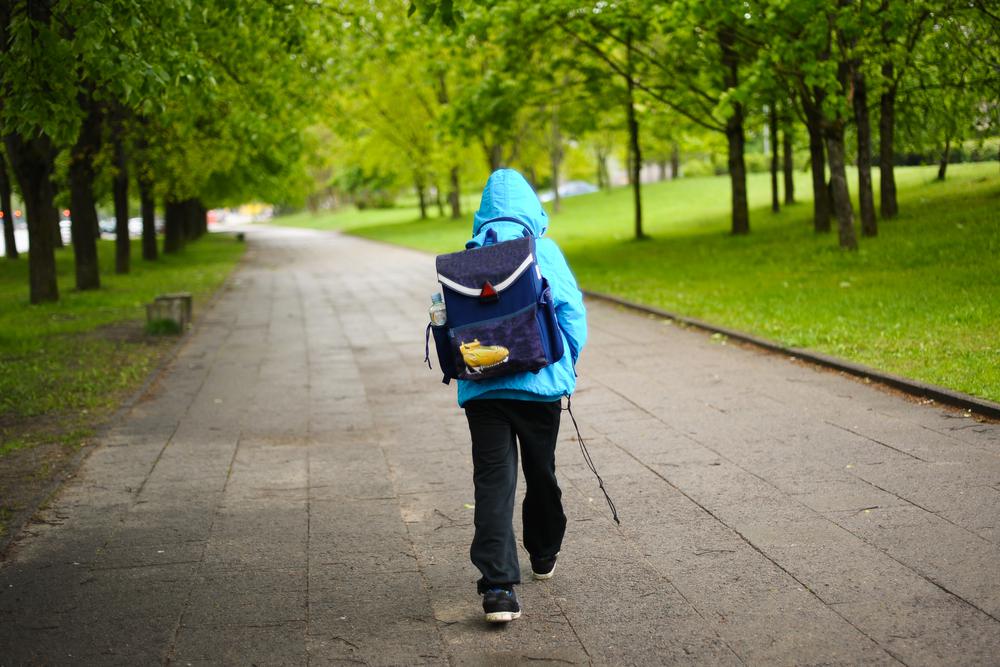Remember the Maryland parents who let their two kids walk home from a park alone and then had to deal with police and child protective services? They heard from the state today. The couple was found responsible for “unsubstantiated” child neglect, a confusing charge that resolved nothing and left the couple possibly more nervous and paranoid than ever.
In December, Danielle and Alexander Meitiv let their 10-year-old son, Rafi, and his 6-year-old sister, Dvorah, walk 1 mile home through Silver Spring, Maryland, alone. The kids got picked up by the police, who then turned the case over to child protective services. The Meitivs, as it happens, are “free-range parents” who have a very coherent philosophy about giving children more independence. They had let their children walk home alone that day only after practicing and felt the kids were ready.
What they learned from the latest CPS decision, Danielle Meitiv wrote me, is that “teaching independence clearly IS a crime.” As she understands it, the charge means “something happened but kids were not at substantial risk.” Why then, she reasonably asks, “find us responsible for neglect?”
In the letter to the Meitivs, dated Feb. 20, CPS says that it has closed the investigation. But a charge of “unsubstantiated” is not quite as definitively closed as “ruled out.” (The third option is “indicated,” the equivalent of guilty.) Danielle told the Washington Post she felt numb when she first opened the letter and then told her husband, “Oh my God, they really believe we did something wrong.”
“I was kind of horrified,” she said to the Post. “You try as a parent to do what’s right. Parents try so hard. Even though I know they are wrong, it’s a painful judgment.”
CPS officials did not say they would keep an eye on the Meitivs. But now they have a charge of child neglect in their file, which puts them in a precarious position. They believe strongly that children should be able to roam the neighborhood unsupervised. But they no doubt believe even more strongly that they don’t want to be at any risk of having their children taken away from them for a second charge of neglect. Why on earth should the state have any right to put them in that predicament?
